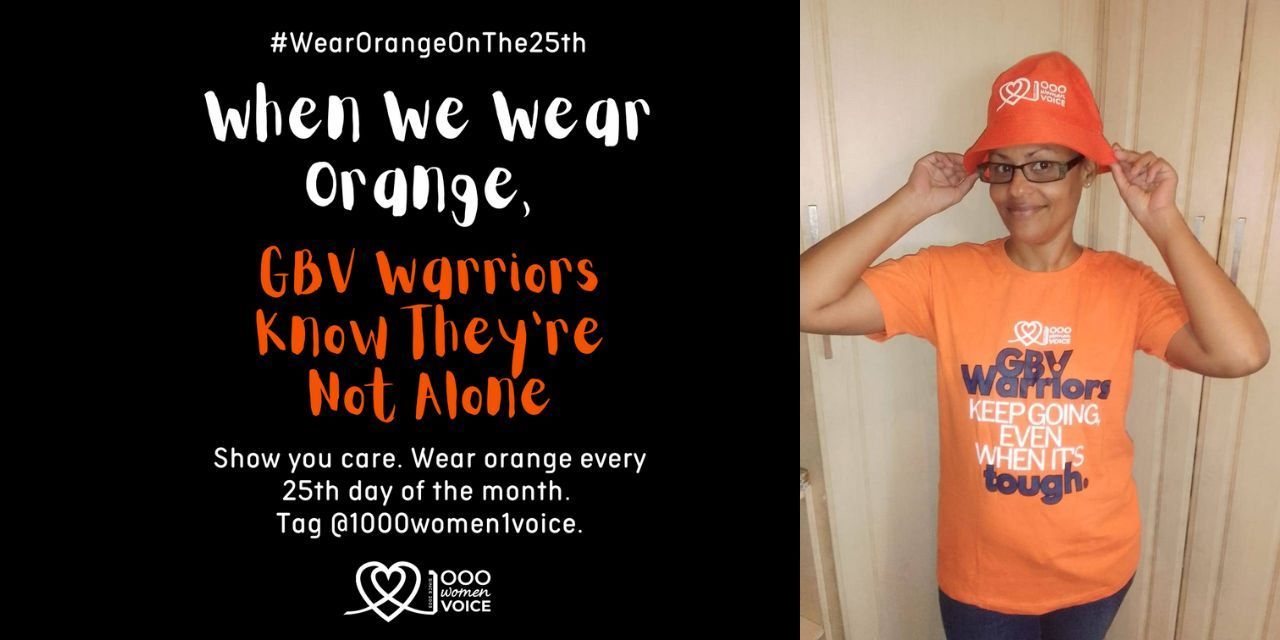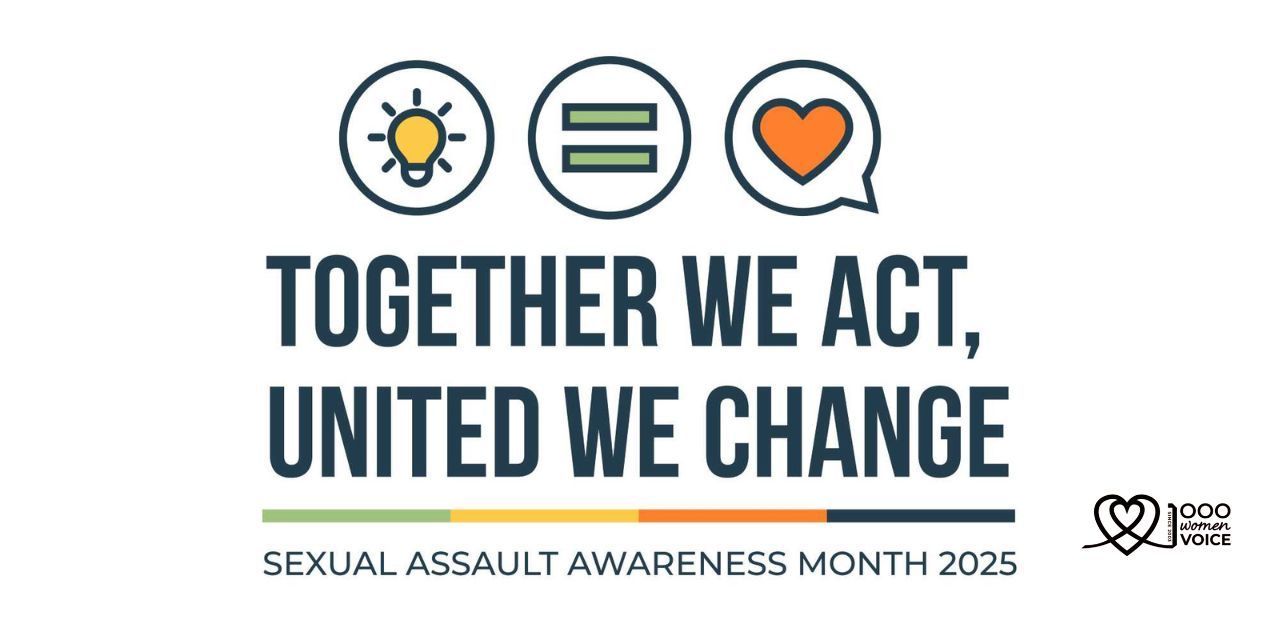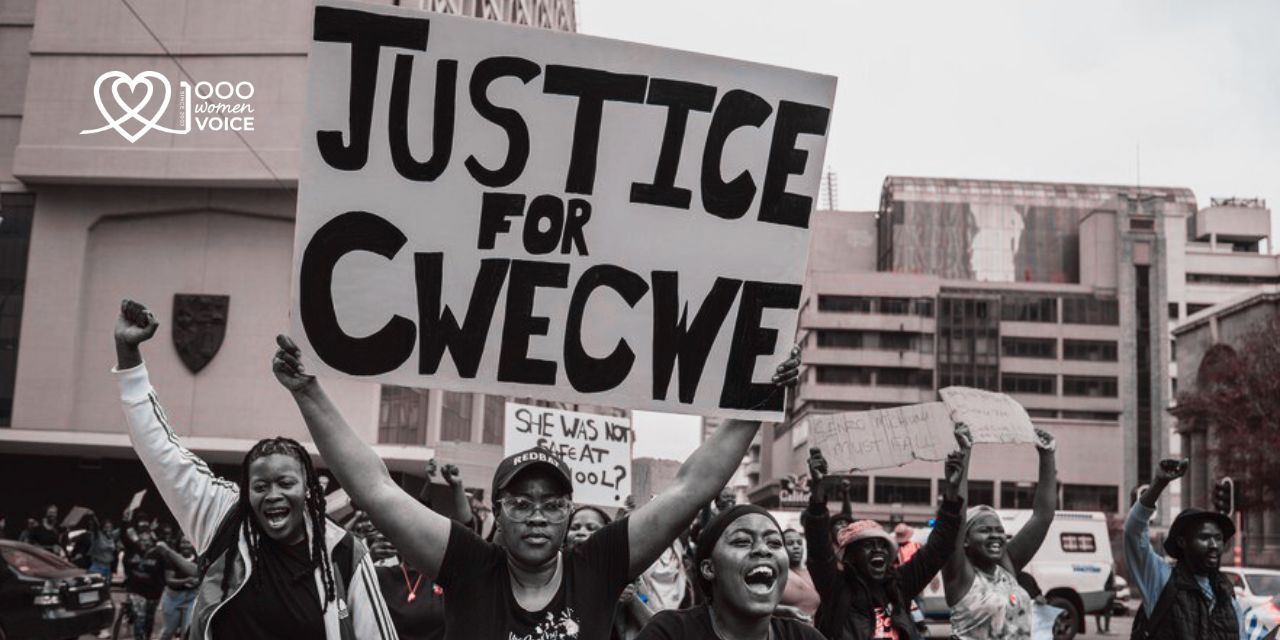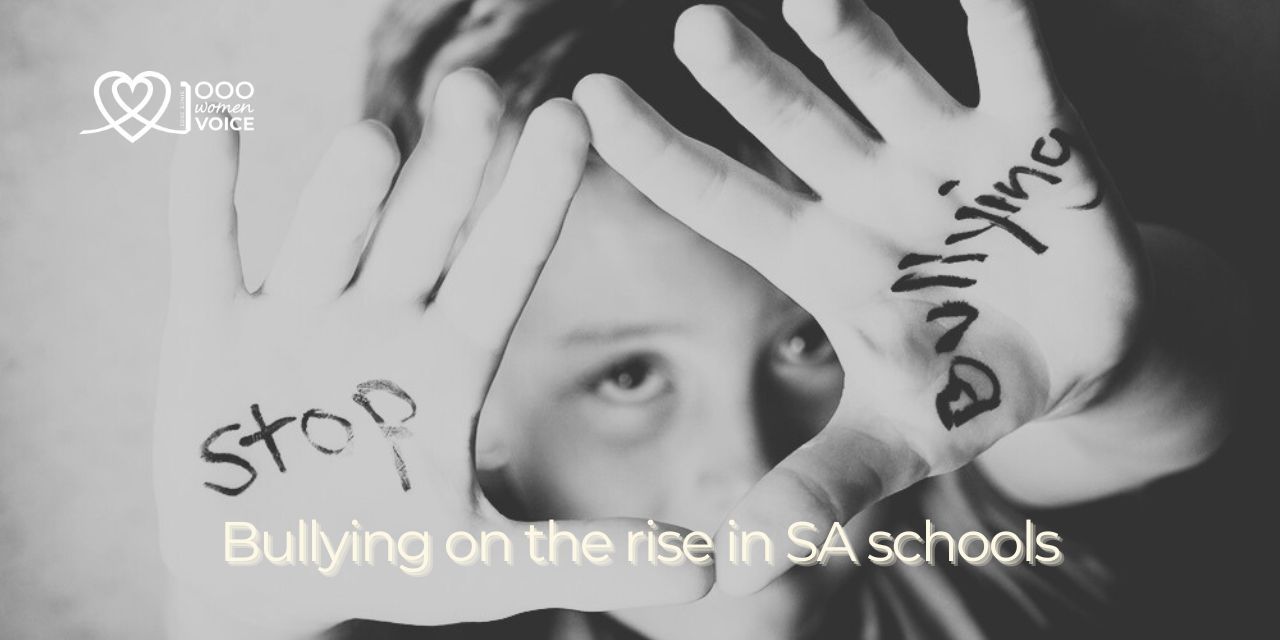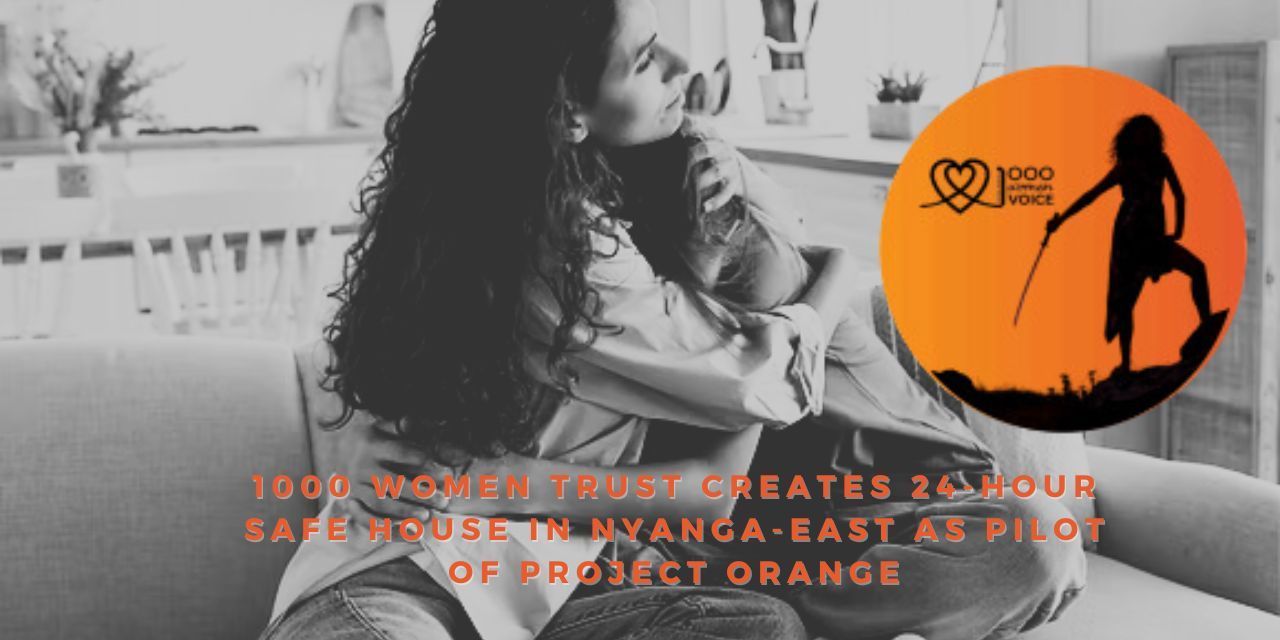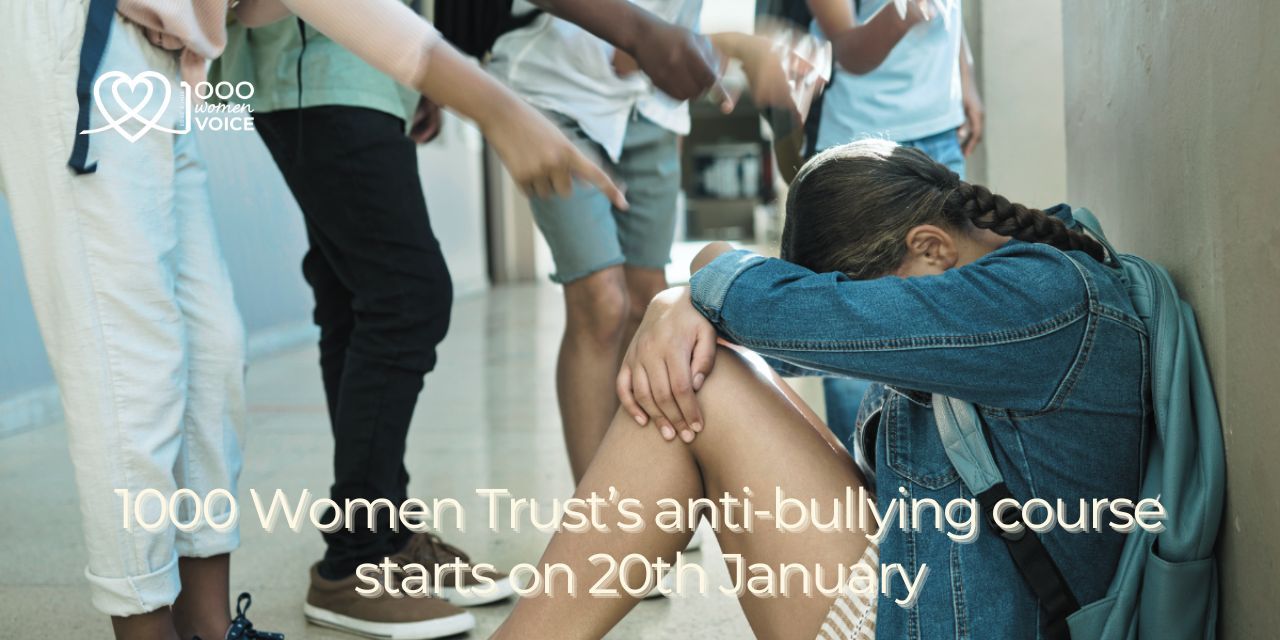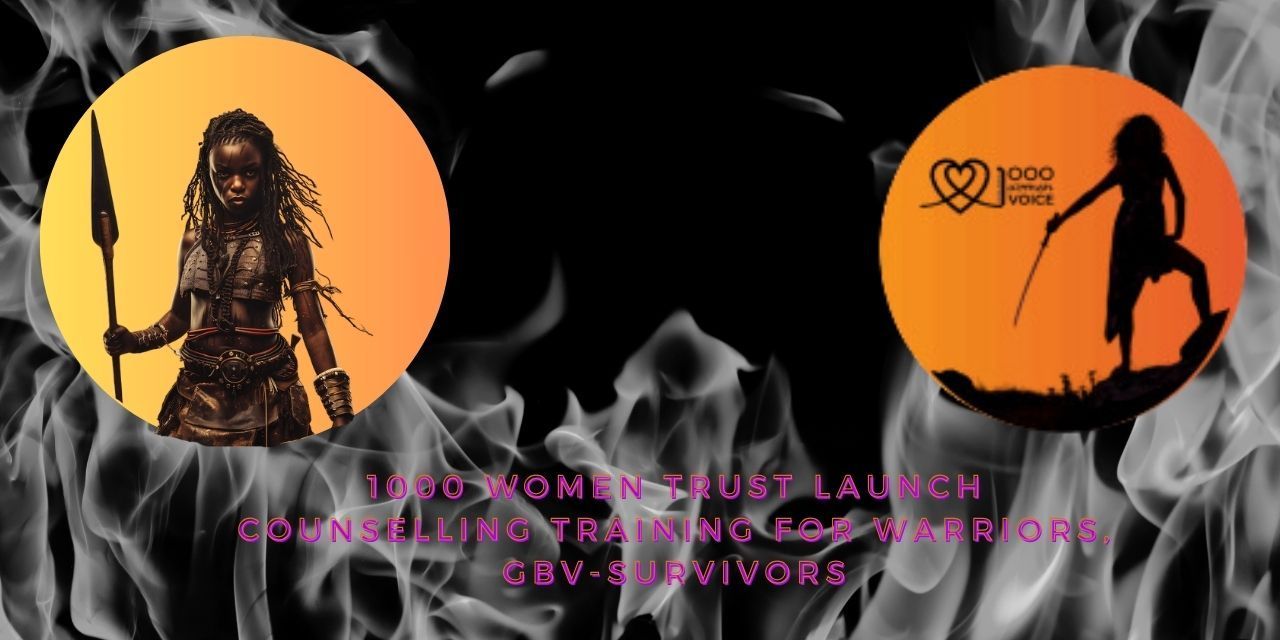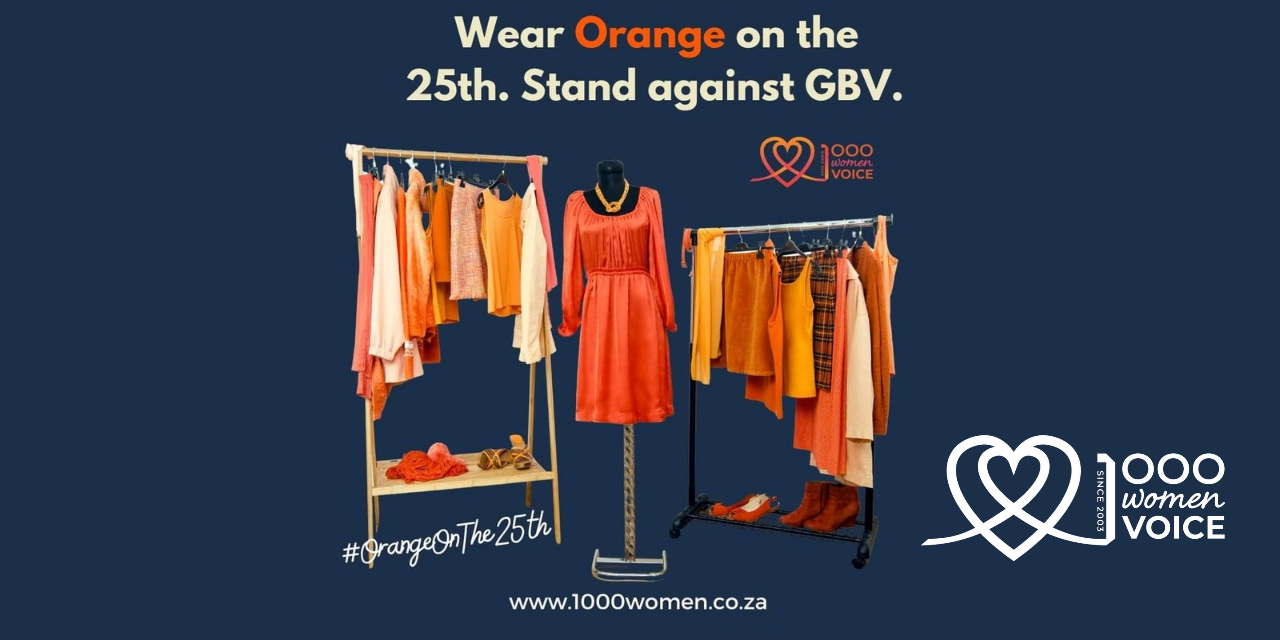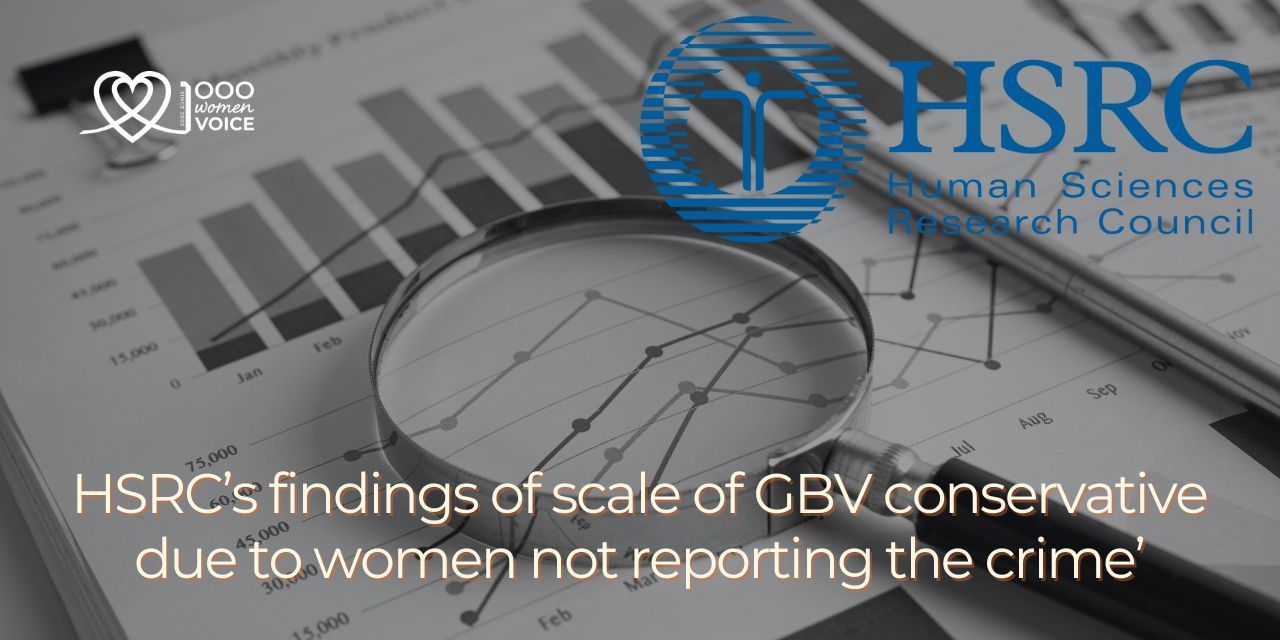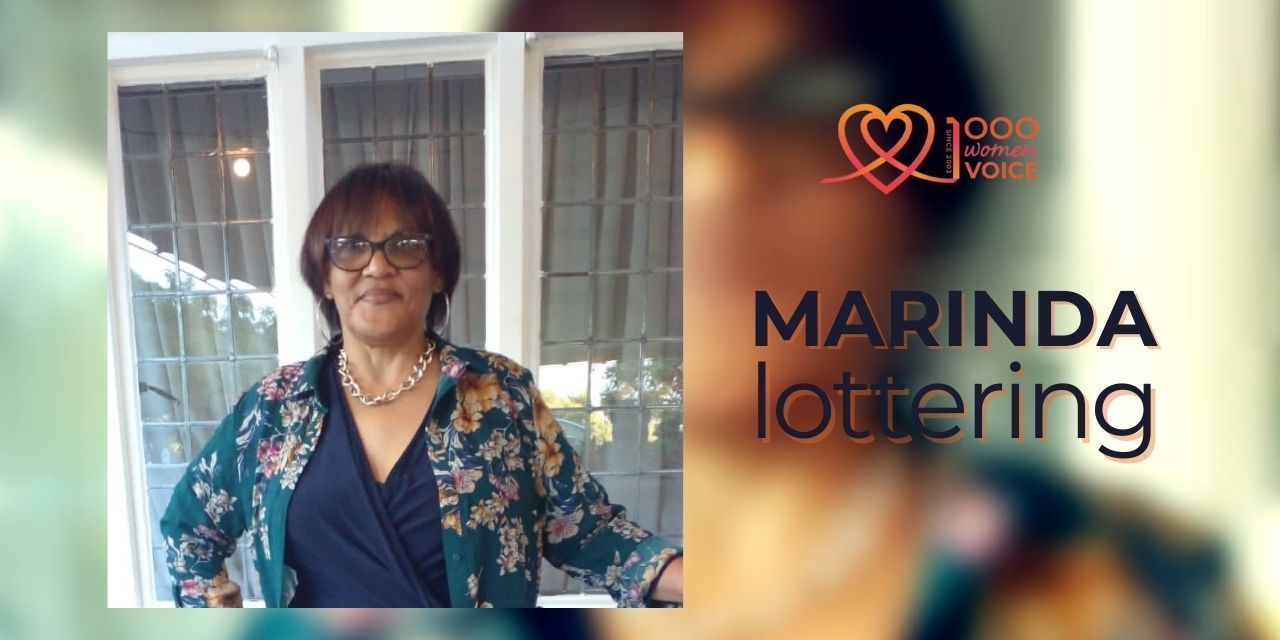Lorraine Moko’s life story, work with #HearMeToo-groups an inspiration to many
The constant barrage of verbal and physical abuse by a pastoral male family member, the silence of the pastoral female family member and physical battering at the hands of an older male student at Rethabile High School in Mamelodi took its toll on Lorraine Moko.
But the intervention by her maternal grandparents and the therapeutic work done by a counsellor when she was a second year student in social work at Huguenot College in Wellington, had a long-term healing impact on her life.
Moko, who boasts 17-years experience as social worker, is now employed in the women-led organization 1000 Women Trust as social worker/administrator and plays a pivotal role in facilitating the #HearMeToo focus groups during 16 Days of Activism.
“I grew up in a pastoral family. The pastoral male family member who was supposed to be my protector and guide was verbally abusive and I often heard these words ‘you will never amount to anything, you are stupid, lazy bones, good for nothing” recalled Moko.
“I also had to wear long clothes to cover the bruises from physical beatings,” she said.
“To top it all, when I was in grade 8 in high school there was an older male student who beat me up in the name of seeking love from me, coupled with what was happening at home made me fear for my life,” she said.
“Somehow, I knew that this abuse was wrong, and I devised means to escape. At the end of my first year in high school I went to stay at my maternal grandparents’ house in the rural areas to avoid abuse. My grandmother had a first-hand account of the abuse at the hands of the pastoral male family member and the silence of the pastoral female family member. When I went to my grandparents for December holidays, I packed as much as I can with a plan not to return back to the abusive home. I feared that both pastoral parents would not allow me to stay with my grandparents, when I bravely told the pastoral female family member she agreed that I can stay. My grandparents agreed to take me in for the rest of my high school career.
“If it was not for my grandparents, I don’t think I would have finished matric.
“During my university years, the department of social work said that before we went out to do field work, we needed therapeutic sessions. I had therapeutic sessions with a counsellor for nine months. That had a major healing impact on my life. It was a game changer and because of that healing I could have a healing influence in the life of other people for the past 17 years,” said Moko.
When asked what advice she would have for women subjected to gender-based violence, she said women should reach out to other women. And women hearing of a person subjected to gender-based violence, should not be quick to judge, but should listen empathetically.
“Also, women should report the case, and not withdraw.”
Moko will play a major role as administrator and mentor when 1000 Women Trust coordinate the #HearMeToo-sessions during the 16 Days of activism from 25th November to 10th December as facilitators engage with 15 to 20 women in each of the groups who have been subjected to gender-based violence.
The current list of 67 #HearMeToo-groups across nine provinces will be reduced to 25 before the group sessions start on 25th November.
1000 Women Trust will be the overall custodian and facilitator of the #HearMeToo-groups.
Moko’s job description is individual work, group work, community work, research and administrative work.
She said when assessing each of the #HearMeToo-groups, the facilitators will have to be people who have done a course in trauma training that was hosted by 1000 Women Trust, and must be in possession of a certificate to prove that they have done the course.
The members of each group would be survivors of gender-based violence that will share their experiences with the facilitator, who will help them cope with and alleviate the effects of gender-based violence.
In each group there will also be a social worker who will do one-on-one counselling sessions with the women and create a safe space for affected women who were abused by both men and women considering that there is LGBTQ relationships. The social workers will also conduct follow-up sessions with the women that are part of the #HearMeToo-groups.
The facilitators will run the #HearMeToo-sessions for each of the 16 days. They will also guide women on practical ways to deal with gender-based violence, like the utilization of a neutral person when they report gender-based violence at community service centres.
Upon the conclusion of the #HearMeToo-sessions, each facilitator will write a report. Moko will consolidate the reports and find commonalities and write a comprehensive report about the common ground between all the reports on general trends in communities with regards to gender-based violence.
1000 Women Trust will serve these #HearMeToo-groups by sharing pamphlets on gender-based violence with them, as well as an anti-bullying toolkit so that they can guide schools in their communities with regards to steps to safeguard those schools against bullying.
“There are so many learners who commit suicide, become depressed and drop out from schools after being subjected to sustained verbal bullying or even cyber bullying, that is why the anti-bullying-toolkit is essential for the well-being of the learners,” Moko said.
1000 Women Trust will be conducting a cyber bullying course on-line for women during the 16 Days of Activism in November and December.
The importance of these on-line sessions to safeguard South African teenage girls and women from the effects of bullying is crucial.
The estimated suicide rate in South Africa is 23.5 per 100 000, which translates to about 14 000 deaths from suicide per annum.1 It is the second leading cause of death among young people aged 15–29 in the country.4 The years of productive life lost and the economic costs of suicide are a burden to both families and the nation, and many of these suicides are caused by bullying and cyber bullying, Moko warned.
1000 Women Trust do not only facilitate the running of #HearMeToo-groups in November and December, but also run other groups in April and July, Moko said.
1000 Women Trust’s objective is to mobilize resources to give grants to women’s organizations that support, raise awareness and provide opportunities for women and children who have been affected by violence.
For more information about 1000 Women Trust, visit the Trust on www.1000women.co.za or send an email to info@1000women.co.za
